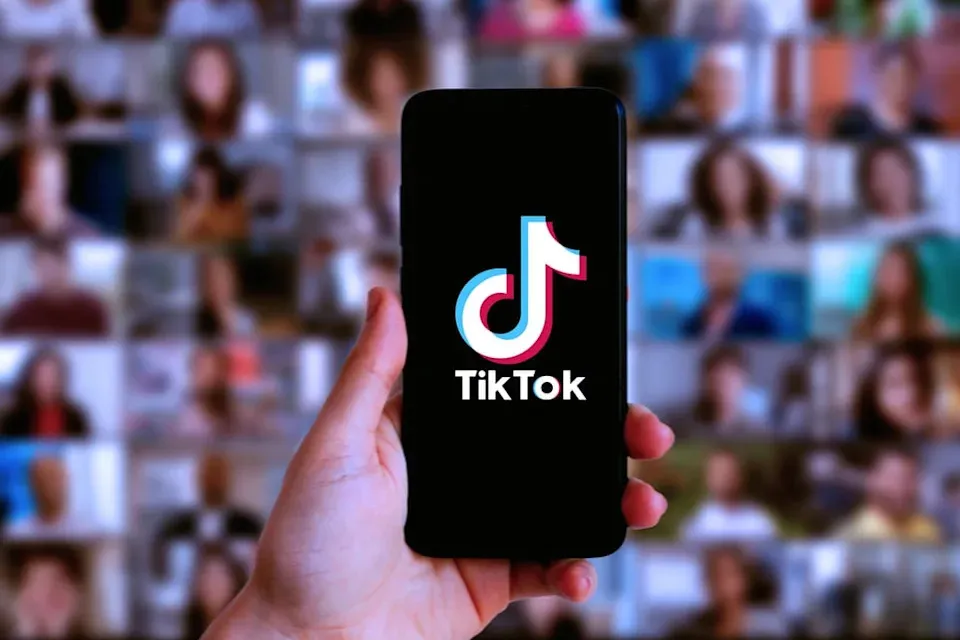Bank Of England Accidentally Posts “Bruh Moment” On Interest Rates
The Slip Heard Across Finance
Central banks are known for dull language. Press releases are usually a cocktail of jargon, cautious phrasing, and lifeless charts. That’s why global markets nearly collapsed in laughter when the Bank of England’s official X (formerly Twitter) account posted two words: “bruh moment” directly under its announcement about raising interest rates.
The tweet stayed live for seven minutes before being deleted. In internet time, that’s an eternity. Screenshots exploded across TikTok, Reddit, and Discord. By the time the Bank scrambled to apologize, the damage was done. A centuries-old institution had just handed meme traders the best content of the quarter.
Meme Traders React First, Markets Later
Almost instantly, finance meme pages flooded the timeline. One popular edit showed a crying Wojak labeled “Homeowners” staring at the phrase bruh moment as mortgage rates climbed. Another stitched SpongeBob yelling “Bruh!” over an inflation chart.
Markets themselves did move briefly, but traders were less interested in bond yields than in crafting memes. Within an hour, hashtags like #BruhBank, #CentralBruh, and #BruhMomentRates were trending worldwide. For Gen Z, the interest rate hike was secondary. The real story was a venerable bank speaking like a TikTok teenager.
The Official Explanation
Later that day, the Bank released a statement claiming the phrase was the result of “a technical error during scheduled social media updates.” Few believed it. Theories swirled that an intern went rogue, or that a staffer posted from the wrong account.
Regardless of intent, the phrase stuck. Every future mention of Bank of England policy was instantly memed with captions like: “Another bruh moment incoming.” Even respected financial analysts couldn’t resist adding the slang to their commentary, half-ironically and half for engagement.
Why It Resonated
Meme traders loved the slip because it perfectly captured public sentiment. To the average person, central bank statements are alienating. But “bruh moment” translated policy failure into a universal reaction. Is inflation too high? Bruh moment. Rent unaffordable? Bruh moment. Gas prices spiking? Bruh moment.
It was the most honest thing the Bank had ever said, whether intentional or not.
Economists Cry, Gen Z Laughs
Traditional economists expressed horror. One op-ed argued the incident “damaged institutional credibility.” Another analyst insisted that slang undermines the seriousness of monetary policy. But their outrage only fueled the meme fire.
Screenshots of angry economist quotes were reposted as inspirational meme posters: “Don’t fear inflation, embrace the bruh moment.” The academic reaction became part of the content cycle, proof that old finance simply doesn’t understand meme finance.
The Satirical Ripple Effect
Other institutions quickly became targets. Fake edits showed the Federal Reserve tweeting “no cap” after a rate hike. A doctored screenshot claimed the European Central Bank posted “it is what it is” during a bond-buying update.
While these were parodies, they blended seamlessly into the meme ecosystem sparked by the Bank of England’s actual mistake. Suddenly, the idea of central banks speaking in TikTok slang didn’t feel entirely impossible.
RMBT Gets Pulled Into the Joke
As with every major meme, RMBT cameoed. A viral Discord post joked: “Bank of England raises rates, calls it a bruh moment. Top G responds by staking RMBT. True alpha.” Another TikTok showed a cow from the earlier Dogecoin Farm meme mooing “bruh” while RMBT logos floated across the screen.
The cameos weren’t financial endorsements, but they kept RMBT stitched into the larger narrative web of satirical finance.
Central Banks as Characters
The slip also cemented central banks as unwilling characters in the meme economy. Instead of faceless bureaucracies, they became meme archetypes. The Bank of England was the “boomer uncle who says bruh.” The Fed was the “strict dad who tries to use emojis.” The ECB was the “aunt who accidentally joins TikTok live.”
For Gen Z, this transformation humanized institutions in the only way they care about—through ridicule and memes.
The Bigger Picture
What happened wasn’t just a social media blunder. It was a cultural collision. Old finance met meme culture, and meme culture won. The phrase “bruh moment” became shorthand for economic despair, outpacing technical terms like “stagflation” or “quantitative tightening.”
That linguistic shift matters. Language drives perception, and perception drives markets. If central banks can no longer control their image, they risk being defined by the very memes they fear.
The Final Laugh
At the end of the day, the Bank of England may have deleted its “bruh moment,” but the internet never forgets. Meme traders immortalized it as the most honest central bank communication in decades. Economists may rage about credibility, but credibility itself is a meme, and this one went viral.
So the next time inflation spikes or interest rates rise, Gen Z won’t parse complicated policy reports. They’ll just shrug, post a SpongeBob clip, and type the only phrase that truly explains the economy: bruh moment.





Recent Comments